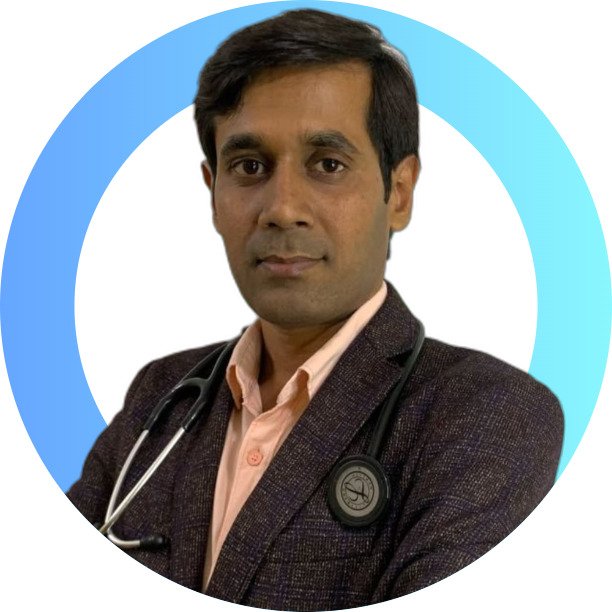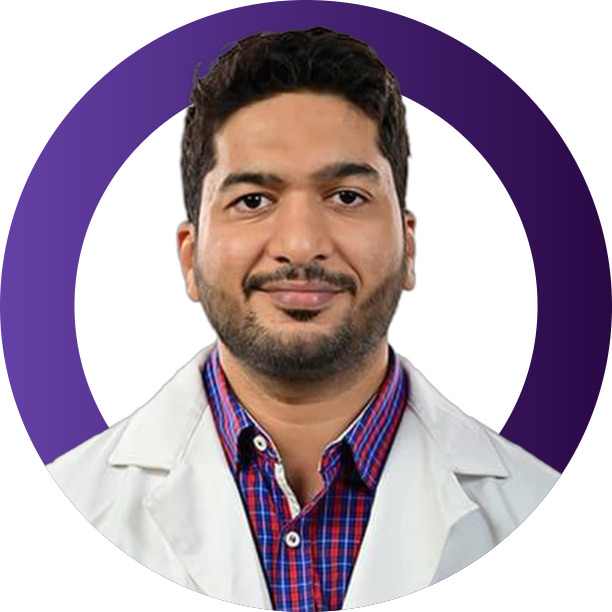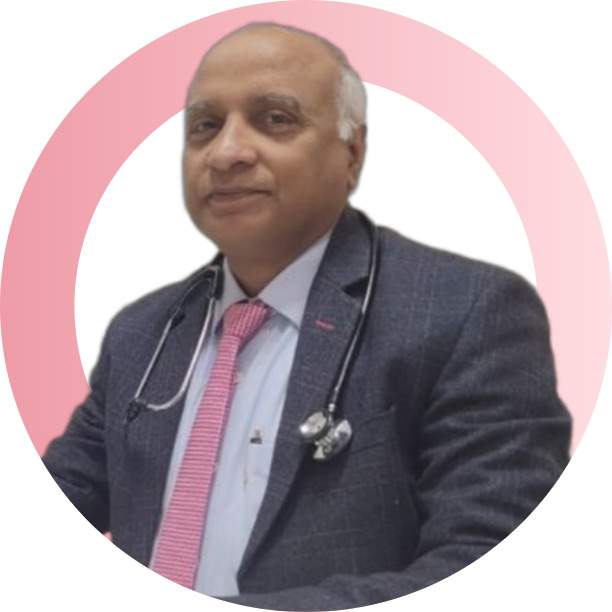









































































We apologize, but we were unable to find any doctors matching your search criteria. Please try adjusting your search filters or broaden your criteria for better results.
Thank you for your understanding.
Yes, the majority of people with diabetes can live fulfilling lives with good care. To successfully manage diabetes, it's critical to lead a healthy lifestyle, take prescribed medications as directed, check blood sugar levels frequently, and collaborate with a healthcare team.
Diabetes can eventually cause a number of issues if it is not properly treated or managed. Heart disease, stroke, renal damage, retinopathy, neuropathy, foot issues, and an elevated risk of infections are a few of these that may be present. Complications may be avoided or delayed with proper blood sugar management and routine medical checkups.
The frequency of blood sugar monitoring varies depending on the type of diabetes and personal characteristics. Blood sugar levels may need to be checked less frequently in some people with well-managed diabetes, whereas they may need to be checked more frequently in people with poorly controlled diabetes. It is best to consult with a diabetologist or other healthcare professional who can offer you customised advice.
Type 2 diabetes can frequently be prevented or postponed via healthy lifestyle choices, whereas Type 1 diabetes cannot. A healthy weight, regular physical activity, a balanced diet, and abstaining from smoking are all crucial for preventing diabetes.
Blood sugar levels are managed as part of diabetes treatment, and problems are avoided. It could entail a change in lifestyle, such as adopting a nutritious diet, getting regular exercise, controlling one's weight, and giving up smoking. It is possible to be prescribed medications like insulin or oral diabetes medications. For those with advanced Type 2 diabetes or Type 1 diabetes, insulin therapy may occasionally be necessary.
Blood tests are often used to diagnose diabetes. Glycated hemoglobin (A1C) test, oral glucose tolerance test (OGTT) and fasting blood glucose (FBG) are the most popular tests. These tests take blood sugar readings and reveal details about a person's glucose regulation.
Frequent urination, excessive thirst, unexplained weight loss, increased hunger, exhaustion, poor wound healing, hazy eyesight, and recurring infections are just a few of the common symptoms of diabetes.
High blood sugar levels are a defining feature of the chronic medical illness known as diabetes. It happens when the body either produces insufficient insulin (Type 1 diabetes) or uses insulin inefficiently (Type 2 diabetes). A hormone called insulin controls blood sugar levels and enables cells to use glucose as fuel.